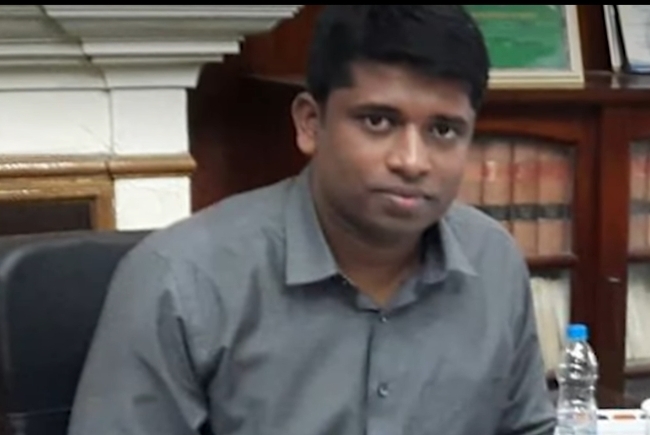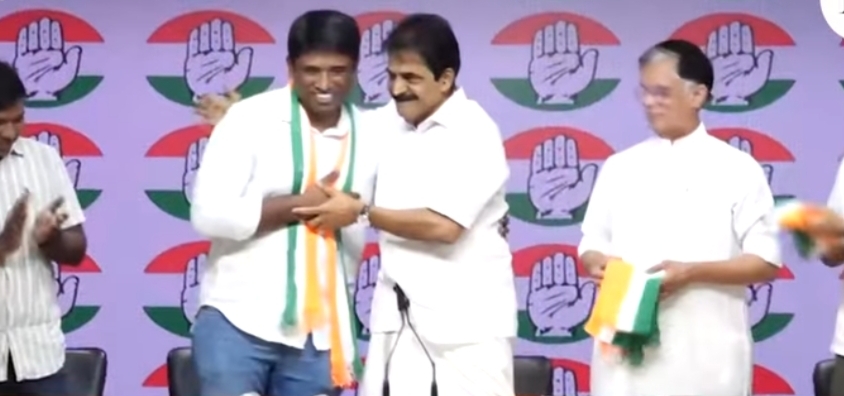

In a significant political development, former IAS officer and noted activist Kannan Gopinathan formally joined the Indian National Congress on Monday at the party’s headquarters in New Delhi. His induction marks the entry of a bureaucrat-turned-activist who has consistently stood for transparency, democratic rights, and accountability in governance.
Gopinathan was welcomed into the party fold by Congress General Secretary K.C. Venugopal, who hailed his decision as “a reflection of India’s youth reclaiming their voice in defense of democracy.” Senior leaders present at the event described his joining as a moral boost for the party, especially at a time when the Congress has been seeking to reconnect with civil society and young professionals disillusioned with the current political climate.
A native of Kerala, Gopinathan gained national prominence in 2019 after he resigned from the Indian Administrative Service as a mark of protest against the restrictions imposed in Jammu and Kashmir following the abrogation of Article 370. His resignation was viewed as a rare act of conscience within India’s bureaucracy. Since then, he has been an active voice in public debates on constitutional values, freedom of expression, and the importance of dissent in a democracy.
He was also among the prominent faces during the nationwide protests against the Citizenship Amendment Act (CAA), articulating the need for citizen participation and constitutional resistance to policies he viewed as discriminatory. Through his writings, speeches, and public engagements, Gopinathan has emphasized that true patriotism lies in questioning power and standing with the marginalized.
Speaking at the Congress headquarters, Gopinathan said his decision to join the party stemmed from the belief that “the idea of India cannot be protected from the sidelines.” He added that he hoped to strengthen grassroots democratic movements and help rebuild trust between citizens and political institutions.
Congress leaders indicated that Gopinathan would play a key role in shaping the party’s outreach to young voters, bureaucrats, and professionals seeking ethical leadership. His induction, they said, embodies a bridge between activism and politics—where dissent, accountability, and public service can coexist in the democratic spirit.


